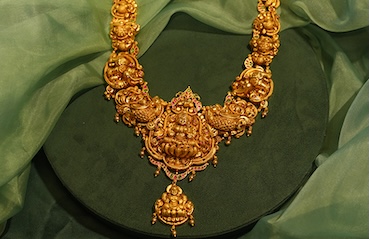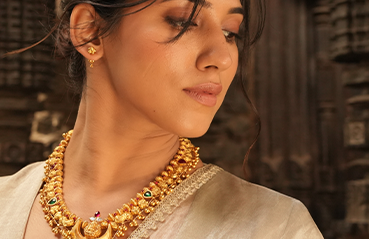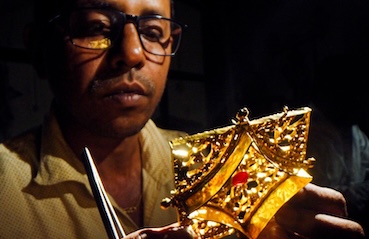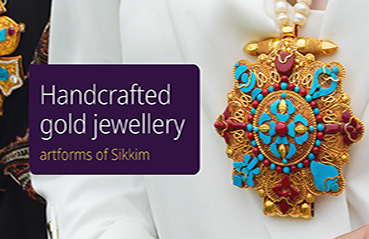Published: 23 Jul 2021
An introduction to gold futures as an investment instrument

Gold is a scarce commodity but has always been in demand throughout history. It is sought by central banks, governments, institutional investors, and even retail investors. Naturally, over time, newer gold investment instruments such as gold ETFs and digital gold have come into being, making gold all the more accessible. One other such instrument is gold futures, offered by several major commodity exchanges globally. Futures are slightly more complicated than regular gold investments, so if you are considering investing in them, here’s what you need to know.
While not many new investors may be very familiar with the term, gold futures trading is fast gaining pace in India, with the Multi Commodity Exchange or MCX engaged in the gold futures trade in the country. The global futures market is vast and has daily volumes of $51bn being traded, second only to oil.
Defining Futures
The “futures trade” for any commodity has a standard definition. A standardised contract binds the buyer and seller. It specifies how much of the commodity the buyer will buy from the seller at a pre-decided price at a future date.
If we talk about “gold futures”, we are referring to trading in gold with specific terms decided at that point in time, but with a settlement day in the future. The settlement day is when the actual exchange occurs, not the day when the terms are settled on. The buyer does not have to pay on the date the contract is made (at least not in full, what you pay is the “margin”), and the seller does not deliver any gold to you either.
The fundamental concept of buying and selling is that at the time of delivery, the market rate is more (or less) than the agreed price, with both – the buyer and the seller – aiming for a profit.
Advantages of Gold Futures
There are many advantages in investing in gold futures. Futures contracts offer more financial leverage and flexibility than actually trading commodities since they are traded through centralised exchanges. Traders have more financial leverage, since they deal with high value commodities with significantly less capital than they would need in the physical market. The only amount they need in hand at the point of making a deal is the initial margin. This margin is only a fraction of the actual market value of the gold in the contract.
Since gold futures are traded on centralised exchanges, they are also highly liquid. Additionally, you need not worry about gold storage instantly since buyers only receive gold on the date of settlement. You can potentially short your contracts and eliminate the need for storage altogether. Also, while futures are riskier than other gold investments, they can also earn you higher profits. These features make gold futures contracts an attractive and lucrative gold investment.
Initial Margin
The margin paid on the agreement day acts as a security or a deposit. It stops buyers or sellers from walking away from the contract in the event of unforeseen changes in the macro-economic environment that could lead to significant profits or losses. Consider the margin as a down payment paid to an independent party to stop the buyer or seller from walking away from the deal. In India, this independent body is known as the Forward Markets Commission (FMC), which regulates the country's commodity futures market.
Factors affecting gold futures
Since gold futures are ultimately a part of the gold commodity market, underlying factors that affect the gold market also affect gold futures. Global economic factors such as interest rates and the dollar value have a large impact on the futures market. To invest in futures, it is integral to know about the macro-economic environment and have a working knowledge of the correlation between gold and other assets.
The general demand and supply of gold related to gold producers, gold miners, central banks, and governments also affect prices. In addition to these factors, festivals and marriages also drive demand in India, where gold is deeply embedded in the countries culture.
Things to keep in mind
Gold futures also come with an expiry date. The commodities do not trade a while before the settlement date, and dealings are suspended, which gives traders enough time to calculate their position. There are also several standard contract sizes available in the market for traders to choose from, making it convenient to invest in. Gold futures are not typically used as long-term investments like other gold-based investment tools, since if the market begins moving in the opposite direction, speculators may have to deal with steep losses.
As long as you understand the movement of the gold market and make well-informed assumptions, gold futures have the potential to earn you a hefty profit. Trading in the gold futures market needs an appetite for risk and a strong understanding of the world gold industry.











